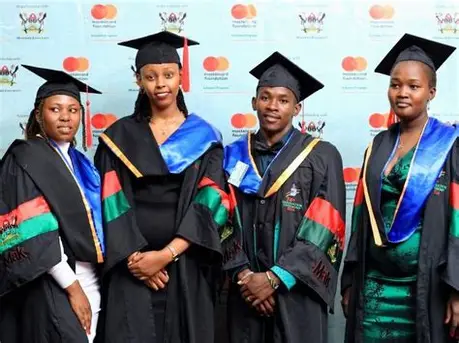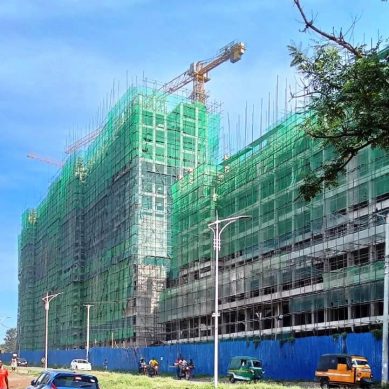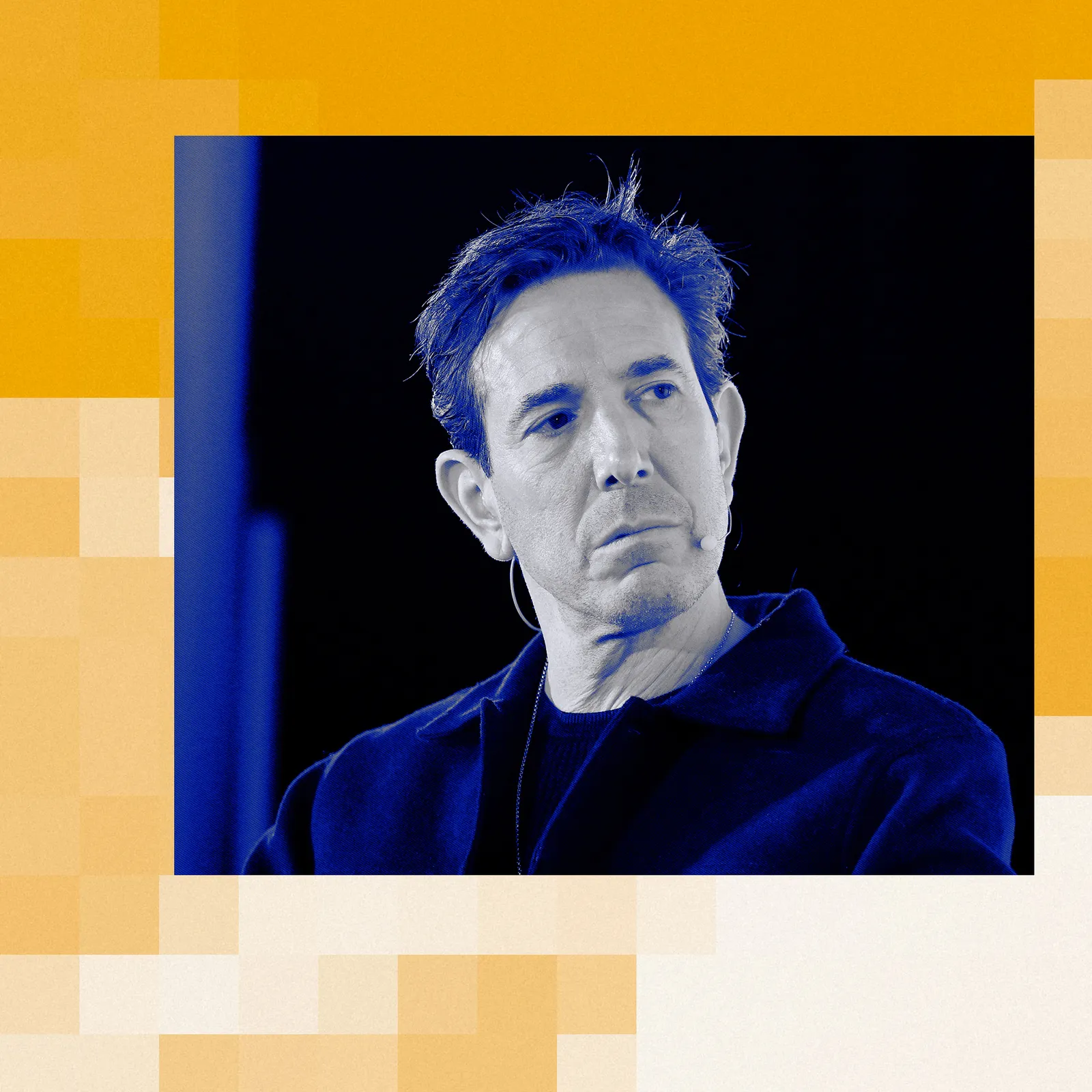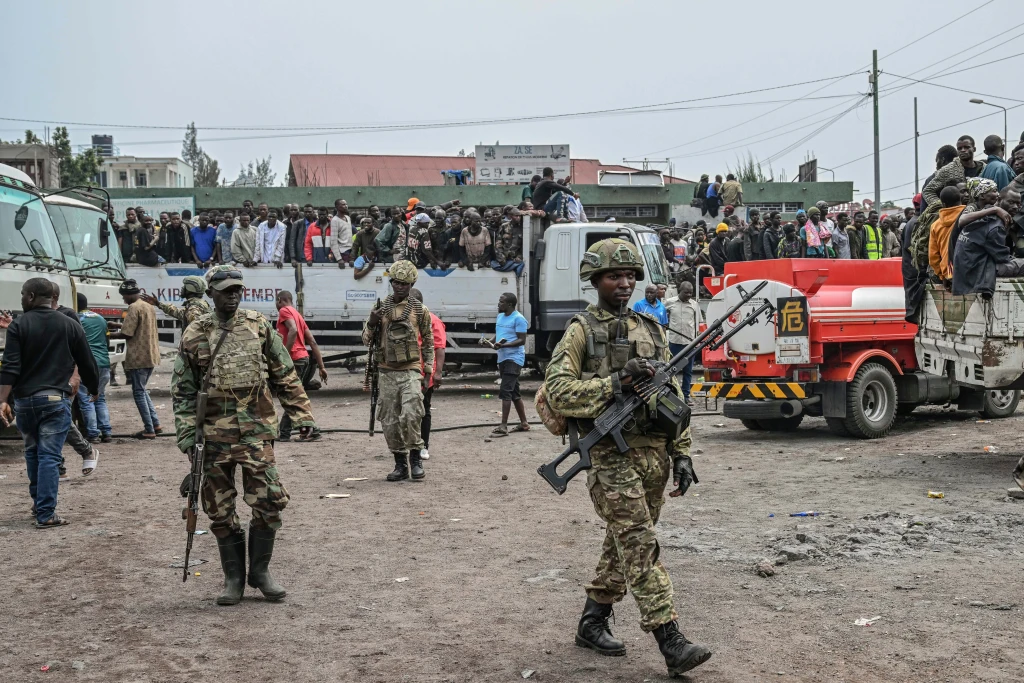
Dear Ugandans, a university degree is healthy pursuit but it’s not a licence or right to complacency
It is not civilised to degrade some Ugandans because they did not complete their formal education with university degrees.
Degrees indicate that we excelled in one or the other field of knowledge, which may be very narrow. They do not necessarily confirm that we have wisdom and can lead.
My own father, the late Charles Afunaduula Ovuma Ngobi Isabirye (1923-2007), did not complete his junior secondary education at Busoga College, Mwiri. His headmaster, Giles, advised his uncle, Isaac Afunaduula, that he joined the Kings African Rifles, which he did. He was posted to Nairobi where he graduated in the army as a medical corp. He was later posted to present day Gaddafi Barracks where he was until 1948, when he transferred his services to Jinja Hospital.
Unfortunately he died on 25 December 2007 still chasing his pension. He never got it although the British government sent. I don’t know which people in the NRM government “ate it”.
Afunaduula Ovuma retired from the ministry of health in the early 1950s and settled at Nawaka in Luuka District. Life was tough. He developed the idea that he could make it by establishing a Kadongo Kamu group of three men and one woman. It became extremely popular and influential in Luuka County. It is possible the group entertained people in other counties of Busoga.
Later he developed interest in farming and cooperatives. He became a very successful farmer, growing cotton and coffee and virtually every other crop. His co-operativism ensured he got humanising prices for his crops. He actually became a leader in Busoga’s cooperatives movement and was so exposed to politics that he sought to protect his interests by joining Ignatius Musaazi’s Uganda National Congress. He joined elective politics and by 1958 he was a councillor in the Busoga District Council.
When Musaazi’s party split into two factions following the election of Apollo Milton Obote as its president, he decided to join Obote’s faction. When Apollo Milton Obote and William Rwetsiba formed the Uganda People’s Congress, he joined it.
When elections were held in 1961 he contested on a UPC ticket and was elected unopposed to represent Ikumbya Sub-County in the Busoga District Council.
When fresh elections were held in April 1962, he then ran again and was elected unopposed to the Busoga District Council. He eventually became Speaker of Busoga District Council, which became Busoga Likiiko under the Kyabazingaship of Sir William Wilberforce Kadhumbula Gabula Nadiope II. He presided over all the decisions of the Likiiko that made Busoga great and influential in the economy of Uganda.
Therefore, we should not look at people just by degrees or academic knowledge. We should look at them by what they can do and the wisdom they can inject in our development, transformation and progress. In the world of innovations and creativity, most innovators and creators had no degrees.
Busoga has since 1986 had many degree-waving people in positions of leadership but the region has gain much less than it did in those days. They have been watching our resources being stolen by people at the centre and foreigners from elsewhere.
We should all be aware that AI (artificial intelligence) has proved or is soon proving that degrees are not necessarily assets. Whoever will keep pace with AI revolution will be indeed educated and necessary in the world of work, leadership and decision-making of the future.
Degrees will be good not necessarily in the equation of AI. We should all prepare to accommodate AI as tool that will improve the way we do things for the benefit of humanity. It is wisdom to do so. Rote political thinking and action in leadership and governance will soon be a thing of the past.
For God and my country.
- A Tell report / By Oweyegha-Afunaduula / Environmental Historian and Conservationist Centre for Critical Thinking and Alternative Analysis (CCTAA), Seeta, Mukono, Uganda.
About the Centre for Critical Thinking and Alternative Analysis (CCTAA)
The CCTAA was innovated by Hyuha Mukwanason, Oweyegha-Afunaduula and Mahir Balunywa in 2019 to the rising decline in the capacity of graduates in Uganda and beyond to engage in critical thinking and reason coherently besides excellence in academics and academic production. The three scholars were convinced that after academic achievement the world outside the ivory tower needed graduates that can think critically and reason coherently towards making society and the environment better for human gratification. They reasoned between themselves and reached the conclusion that disciplinary education did not only narrow the thinking and reasoning of those exposed to it but restricted the opportunity to excel in critical thinking and reasoning, which are the ultimate aim of education. They were dismayed by the truism that the products of disciplinary education find it difficult to tick outside the boundaries of their disciplines; that when they provide solutions to problems that do not recognise the artificial boundaries between knowledges, their solutions become the new problems. They decided that the answer was a new and different medium of learning and innovating, which they characterised as “The Centre for Critical Thinking and Alternative Analysis” (CCTAA)







